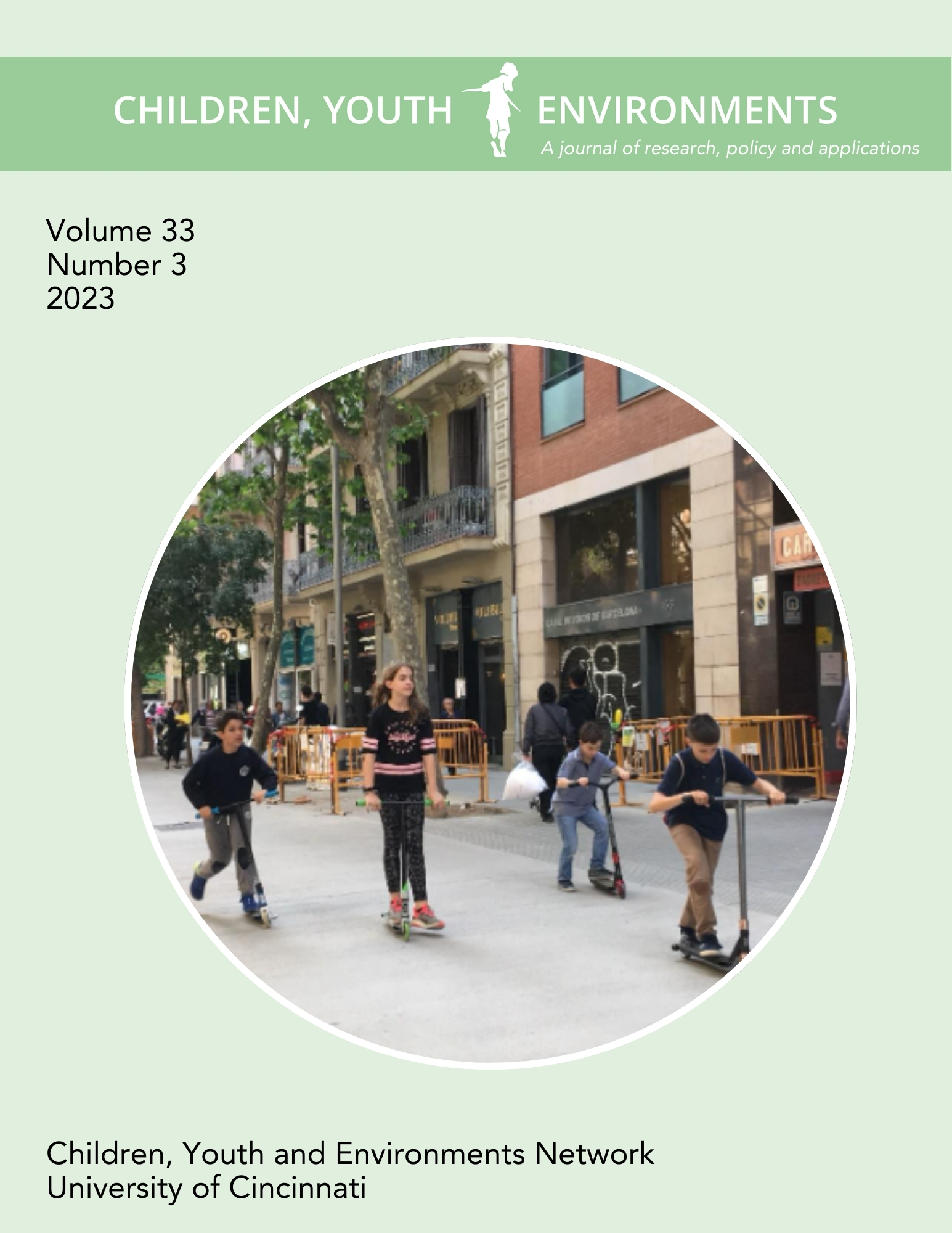Restoring a Royal Fishpond with Native Hawaiian Youth
Applying Traditional Ecological Knowledge to Foster Well-Being and Relational Virtuosity
Keywords:
traditional ecological knowledge, biocultural, Native Hawaiian, Indigenous youth, well-being, character development, identityAbstract
Place-based education that incorporates traditional ecological knowledge is a potential source of psychological and emotional well-being for indigenous youth. Our research explores the connection between place-based cultural education and well-being among Native Hawaiian youth as they engage in restoring a royal Native Hawaiian fishpond, Loko Iʻa Pāʻaiau. We collected data from ten Native Hawaiian high school participants over six months including survey measures, pre- and poston emotions and values after each weekly session at the fishpond, as well as preand post- focus group sessions. The quantitative data revealed gains in positive emotions and mental states, with happiness and focus being the most salient. Phenomenological coding of the qualitative results revealed five overarching themes in the values-emotion interface: 1) valuing the importance of Pāʻaiau; 2) valuing kuleana (reciprocal responsibility) and feeling a sense of accomplishment; 3) valuing sacred land and cultivating humility; 4) valuing and strengthening ‘ohana (family) and feeling sense of belonging; and 5) valuing Pāʻaiau as a healing place and feeling peaceful and happy. Findings support providing Indigenous youth, especially Native Hawaiians, with place-based traditional ecological knowledge and biocultural opportunities to promote well-being, character, and identity development.








